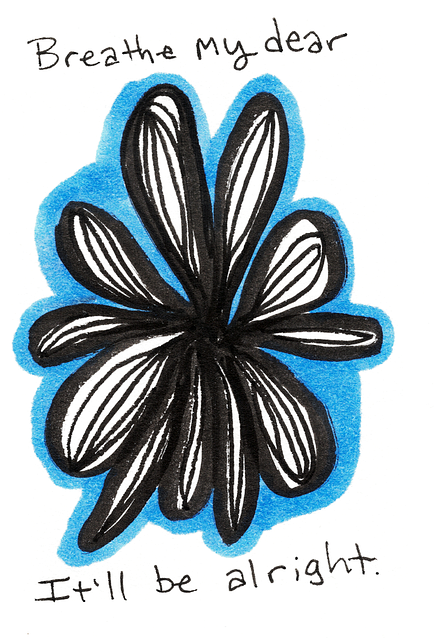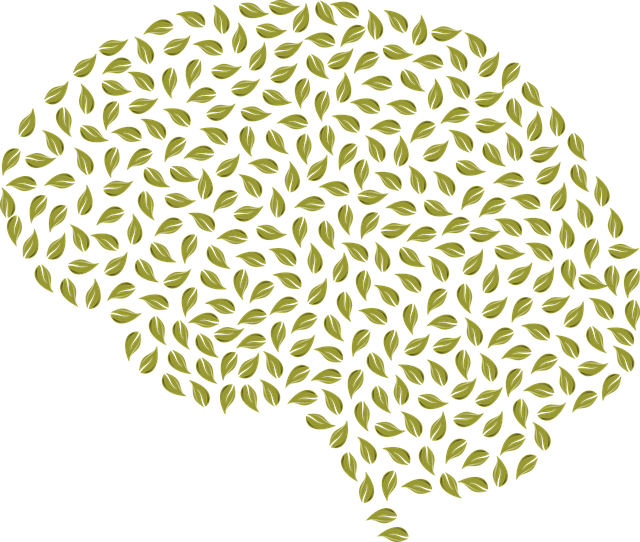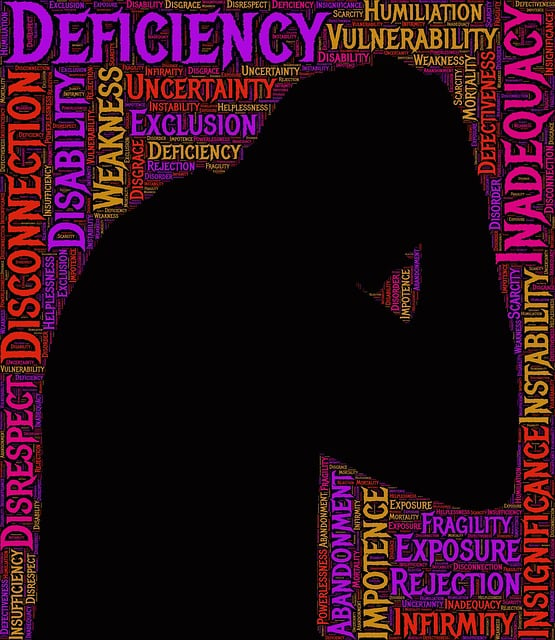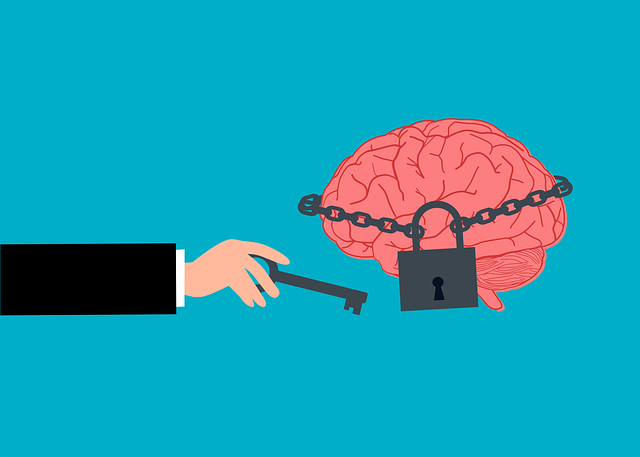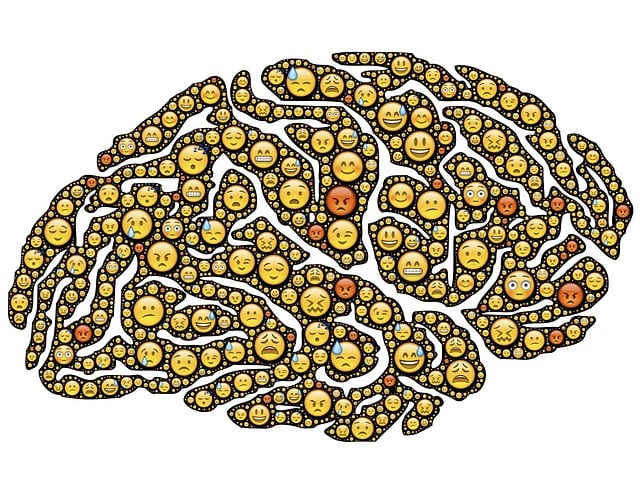Lone Tree Grief Counseling Therapy offers a comprehensive approach to emotional well-being, providing safe spaces for individuals to explore and express feelings during transitions or grief. Through one-on-one sessions, group discussions, and workshops, they teach effective coping strategies, communication skills, and resilience building. This holistic process, including mindfulness practices and cognitive-behavioral therapy, empowers clients to manage stress, anxiety, depression, and lead more balanced lives by integrating practical strategies into daily routines.
Mood regulation is a vital aspect of emotional well-being, encompassing the ability to manage and maintain a sense of balance. In this article, we explore various strategies to enhance mood stability, focusing on the role of Lone Tree Grief Counseling Therapy as an effective approach. We delve into understanding emotional dynamics, providing practical tips for daily application, and highlighting how counseling can help individuals navigate and transform their moods. Discover actionable insights to foster a more positive and regulated emotional landscape.
- Understanding Mood Regulation: Unraveling Emotional Balance
- The Role of Lone Tree Grief Counseling Therapy in Managing Moods
- Practical Strategies for Daily Mood Enhancement and Stability
Understanding Mood Regulation: Unraveling Emotional Balance

Understanding Mood Regulation is a crucial step towards achieving emotional balance and overall well-being. It involves recognizing and managing one’s feelings, especially in times of distress or change. Many individuals turn to Lone Tree Grief Counseling Therapy for guidance during challenging life transitions, offering valuable tools to navigate complex emotions. The therapy provides a safe space to explore and express feelings, helping clients gain insights into their emotional patterns.
Through effective mood regulation strategies, one can enhance their ability to cope with stress, anxiety, or depression. This process includes learning social skills training techniques to improve communication and build connections, which are essential for maintaining mental health. Additionally, cultural sensitivity in mental healthcare practice plays a vital role, ensuring that therapeutic approaches are tailored to an individual’s unique background and beliefs. Resilience building is another key aspect, empowering individuals to bounce back from setbacks and foster a positive mindset.
The Role of Lone Tree Grief Counseling Therapy in Managing Moods

Lone Tree Grief Counseling Therapy offers a unique and powerful approach to managing moods, particularly in individuals grappling with grief or emotional turmoil. This form of counseling provides a safe space for clients to explore their feelings and gain invaluable self-awareness exercises. Through one-on-one sessions, therapists help individuals navigate complex emotions, fostering better emotional regulation. The process involves delving into the root causes of distress, enabling clients to develop effective coping mechanisms.
By participating in Lone Tree Grief Counseling Therapy, clients are equipped with valuable tools for stress management. Workshops and group discussions focus on teaching practical strategies to manage intense emotions. This holistic approach not only assists in processing grief but also empowers individuals to lead more balanced lives. It is a game-changer for those seeking to understand and control their moods, offering a supportive environment where emotional healing can take root.
Practical Strategies for Daily Mood Enhancement and Stability

Maintaining a stable mood on a daily basis is a key aspect of overall well-being. There are numerous practical strategies that individuals can employ to enhance and regulate their emotional state, even in challenging circumstances. One effective method is incorporating mindfulness practices into daily routines. Taking a few minutes each day to focus on one’s breath or engage in guided meditation can significantly reduce stress and improve mood. This simple act allows individuals to connect with the present moment, fostering a sense of calm and clarity.
In addition, seeking professional support from services like Lone Tree Grief Counseling Therapy can be transformative. Therapists skilled in trauma support and mental health risk management planning offer valuable tools for coping with emotional distress. They guide individuals through various techniques, such as cognitive-behavioral therapy, which helps identify and challenge negative thought patterns. By combining these therapeutic approaches with regular self-care practices, like exercise, adequate sleep, and a balanced diet, one can achieve greater mood stability and overall resilience in managing daily stressors.
Mood regulation is a multifaceted process, and by integrating both professional support, such as Lone Tree Grief Counseling Therapy, and practical daily strategies, individuals can achieve emotional balance. Understanding mood dynamics and employing evidence-based techniques empower people to navigate their emotions effectively, fostering overall well-being. These strategies offer a holistic approach to enhancing mental resilience and stability.





